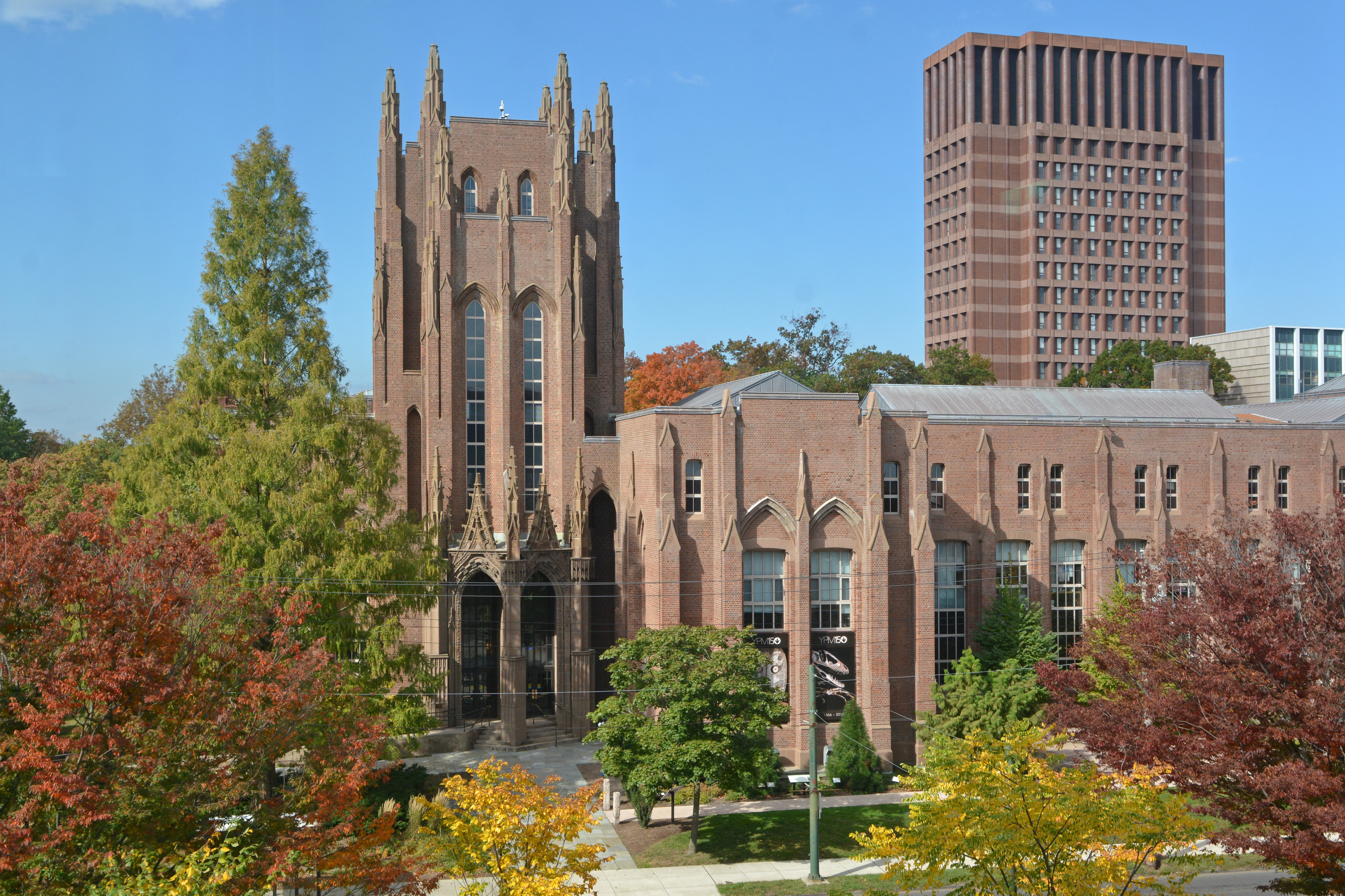Course instructors are encouraged to make reasonable accommodations in response to student requests to complete work missed by absence resulting from observation of religious holidays. Such accommodations should be made in ways that do not significantly alter the requirements or learning outcomes for the course to the extent reasonably practical.
Course instructors should not ask a student for proof that their religious practices or beliefs are sincerely held when determining whether to grant a religious accommodation. Course instructors with concerns or questions regarding a student’s stated religious belief may contact the University Chaplain for additional guidance.
Examples of religious accommodations that instructors may consider include: rescheduling an exam or giving a make-up exam for the student in question; altering the time of a student’s presentation; allowing extra-credit assignments to substitute for missed class work or flexibility in assignment due dates; allowing a student to view a recording of a class session missed due to religious observance; or releasing a graduate assistant from teaching or research responsibilities on a given day.
The student should be given the opportunity to complete appropriate make-up work that is generally equivalent to a missed exam or assignment to the extent reasonably practical.
If there are concerns about a request for accommodation, the instructor may consult the University Chaplain, Office of Institutional Equity and Accessibility (OIEA), or their department chair or dean for assistance and determination as to whether a reasonable accommodation can be provided.
